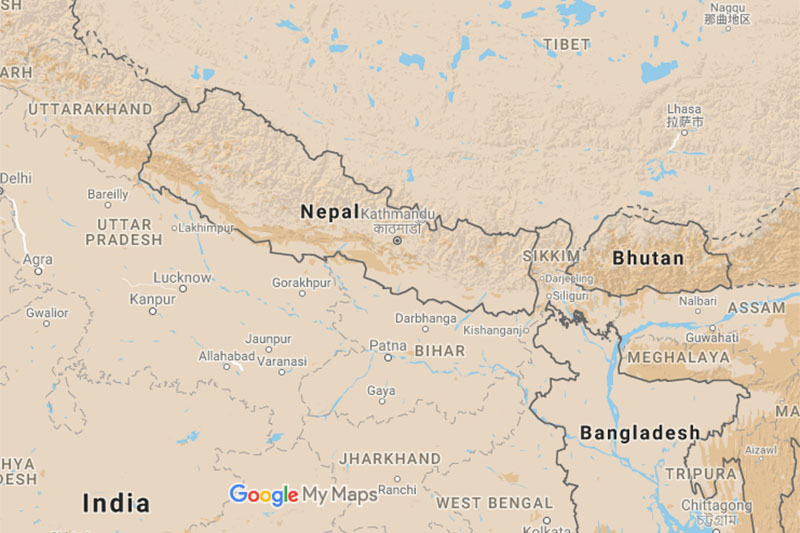Nepal advances 10 spots in GCI ranking
Kathmandu, October 3
Nepal has secured 88th position in global competitiveness index (GCI) for 2017-18, an improvement of 10 spots compared to GCI 2016-17.
The recently launched Global Competitiveness Report 2017-18 of World Economic Forum (WEF) shows Nepal managed to advance its ranking in the GCI every subsequent year since 2012-13. In the latest report, Nepal has improved its scores across all pillars of competitiveness.
Nevertheless, government instability tops the most problematic factors for doing business in the country. It is followed by inefficient government bureaucracy, inadequate supply of infrastructure, policy instability, corruption, access to finance and poor work ethics.
In terms of regional ranking, Nepal has stood fourth — after India (40), Bhutan (82) and Sri Lanka (85). The country’s position in GCI is relatively higher than that of Bangladesh (99) and Pakistan (115).
Over the years
Edition
2012-13
2013-14
2014-15
2015-16
2016-17
2017-18
Rank
125/144
117/148
102/144
100/140
98/138
88/137
Score
3.5
3.7
3.8
3.9
3.9
4
The report has said that ‘upgrading ICT infrastructure and increasing ICT use remain among the biggest challenges for the South Asia region’. As per the report, over the past decade, South Asia has been the area where technological readiness stagnated the most, with a performance similar to that of Sub-Saharan Africa.
Overall, the report has highlighted that 10 years on from global financial crisis, prospects for a sustained economic recovery remain at risk due to a widespread failure on part of leaders and policymakers to put in place reforms necessary to underpin competitiveness and bring about much-needed increases in productivity.
The results show growth is starting to recover, but still is insufficient to provide foundations needed for continued reductions in poverty and broad-based improvements in the quality of life of the many, as per the WEF report.
“With emerging markets having a greater participation in global production and growth, progress in competitiveness among the large growing economies of Asia, Africa, and Latin America will be fundamental to the ability to provide a new boost to global growth.”
Globally, Switzerland continued to top the overall rankings, with strong results evenly balanced across the different components of competitiveness. The United States improved a spot to rank at second overall this year. Singapore at third position (down one) posted ‘an excellent performance across the board’. The Netherlands, at fourth, maintained its position. Similarly, Germany remained in the fifth position as last year, while slightly increasing its overall score.






